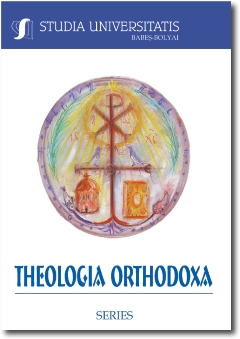CONCORDATUL DE LA WORMS (1122), O EXPRESIE A RELAŢIEI BISERICĂ-STAT ÎN EVUL MEDIU
THE CONCORDAT OF WORMS (1122), AS AN EXPRESSION OF CHURCH-STATE RELATION IN THE MIDDLE-AGES
Author(s): Ciprian CâmpeanSubject(s): Christian Theology and Religion
Published by: Studia Universitatis Babes-Bolyai
Keywords: concordate of Worms; struggle for investiture; Church an State in Middle-Ages.
Summary/Abstract: The Concordat of Worms (1122), as an Expression of Church-State Relation in the Middle-Ages. Relations between the temporal and spiritual, in the aftermath of the Gregorian reformation were extremely tense, due to the will of papacy to free the Church institutions from secular domination, to the desire of the Pope to assert the independence of spiritual power from temporal power. For these reasons the well known quarrel for the investiture began, in which the competitors were Pope Gregory VII and Emperor Henry IV of Germany. Later on, the intransigence of popes regarding lay investiture led to rough discussions between Western sovereigns and the Pope, discussions that sometimes led to the ceasing of relations between Pope and sovereigns. The one who managed to resolve differences between temporal and spiritual powers was bishop Yves of Chartres, by the theory of the two acts of investiture, lay investiture, on the ground of which the feudal right was provided, and spiritual investiture, which granted religious privileges. In other words, according to this theory, the king was able to invest the bishop elected by the clergy and the people, under the condition that he had no intention to provide him spiritual powers, his investiture having no sacramental power. Following the theory mentioned above, arrangements with the French king and with the king of England are made, and eventually the first concordat in history, the concordat of Worms, 1122, or "the calixtine transition”, which marks the end of the struggle for investiture. Concluded between Pope Callixtus II and the German Emperor Henry V, the document of Worms was a bilateral agreement of two equal powers, having the legal nature of a peacekeeping contract. It put an end to a concept and even military quarrel, and its decisions have become mandatory for all Western states until 1303.
Journal: Studia Universitatis Babes-Bolyai - Theologia Orthodoxa
- Issue Year: LVII/2012
- Issue No: 1
- Page Range: 81-96
- Page Count: 16
- Language: Romanian

